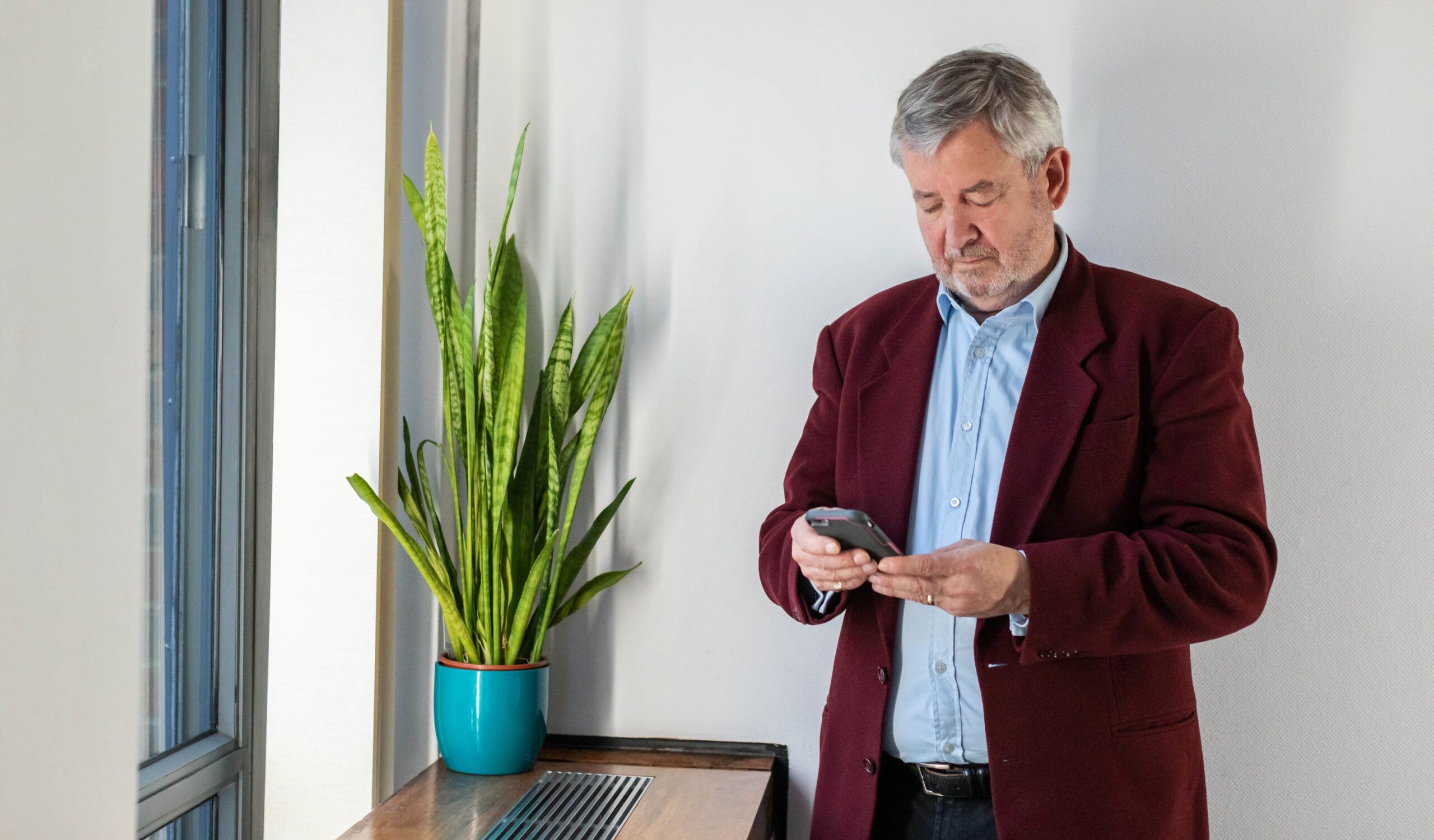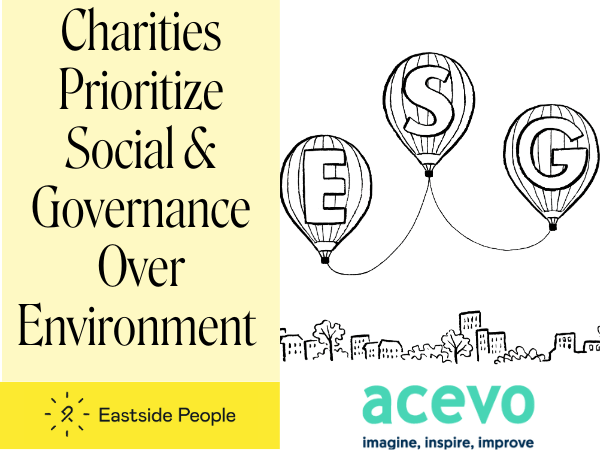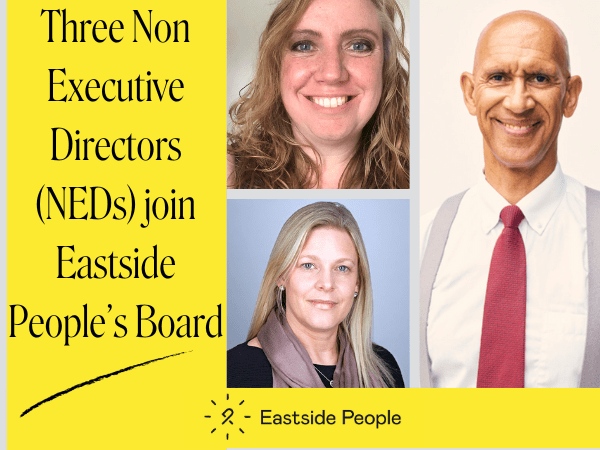Interim members of staff can bring wide experience and fresh perspectives, enabling charities to overcome challenges and complete key projects.
In this article, Kate Collins, Chief Executive of the Teenage Cancer Trust, shares how interims have helped move her charity forward.
- Interims helped us regroup at a time of change
“When I became chief executive of the Teenage Cancer Trust in March 2018, we had a team that was in a real state of flux. I had been an internal promotion from being director of fundraising and marketing, so that post was vacant. At the same time, we weren’t able to fill our director of services role immediately after we went to market. We needed to regroup and work out what was needed strategically from a senior resource point of view. We used interims to cover these roles. As well as using interims to cover recruitment gaps, we have used them for project-based work.”
- Essential skills and capacity
“We used an interim at associate director level specifically to run our brand review. It was a helpful investment for us as they brought skills and capacity that we didn’t have in-house. You can plug in interims to do a piece of strategically impactful piece of work to move things forward.”
- Use their experience wisely
“Interims bring fresh perspective, fresh eyes. They have a wide portfolio, so they have seen the problems you are currently facing in a variety of other places. However, that additional experience can sometimes make them feel like a critical voice all the time. You need to be careful of assuming that just because someone has stacks of experience, they know what’s right for your organisation.”
- Keep an eye on balance
“You should use interims as a force for good but be careful about them becoming destabilising.They can really accelerate things, but you need to make sure that it’s not to the detriment of your team. It’s very much about your team understanding what that person’s brief is, what they are there for and why they have come in.”
- Consider their investment in your organisation
“Interims can achieve different things in a role compared with permanent staff: they aren’t so invested in thinking ‘these people have to like me in three years’ time’. But, at the same time, it’s not fair to expect an interim to be invested in what’s happening in the organisation in three years’ time.”
- You need the right team to deliver greater impact
“In a growing charity, roles often stretch and people take on additional responsibilities.
Interims can look like a very expensive solution, and they can be. But you have to have the team in place in order to deliver, particularly when you’re in a team trying to deliver greater impact. I would do it again in a heartbeat, but I would emphasise how important it is to get the brief right.”
Notes:
This article was previously published in our EP Insights Blog.
Kate Collins has worked in the charity sector for nearly 20 years, initially as a Marketing Manager at BBC Children in Need in 1999. She held a variety of senior roles at Cancer research UK from 2002 and joined Teenage Cancer Trust in 2009.
Kate thrives on seeing the passion and commitment of supporters turn into the funds that charities need to make a difference and change lives.
Find out how we can support your charity with expert interim staff – contact us today to explore tailored solutions.
#flexiblework. #interimmanagement




























